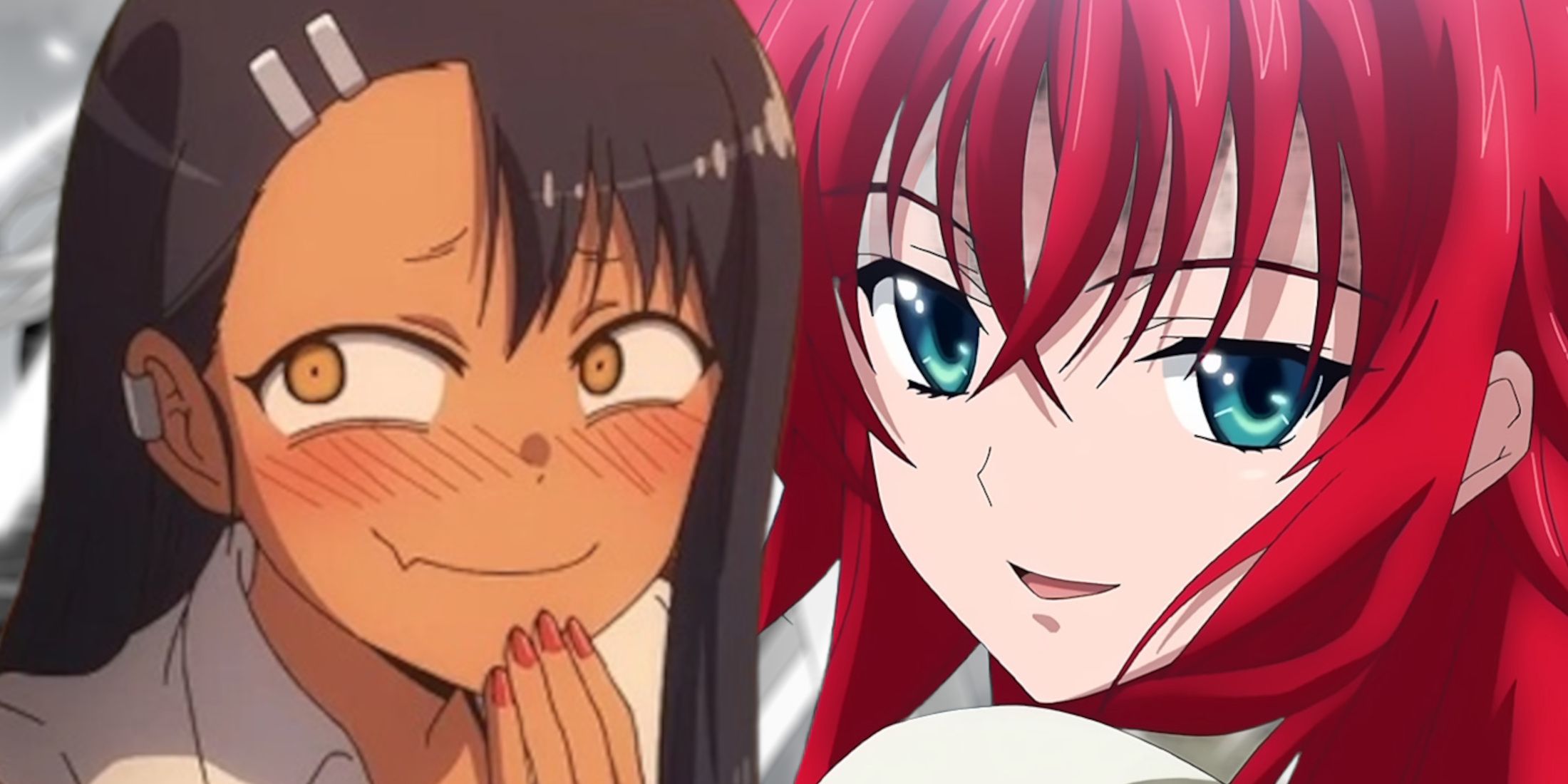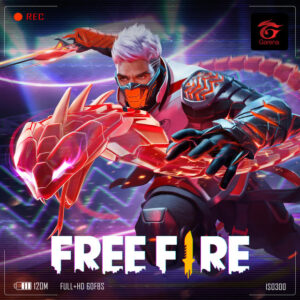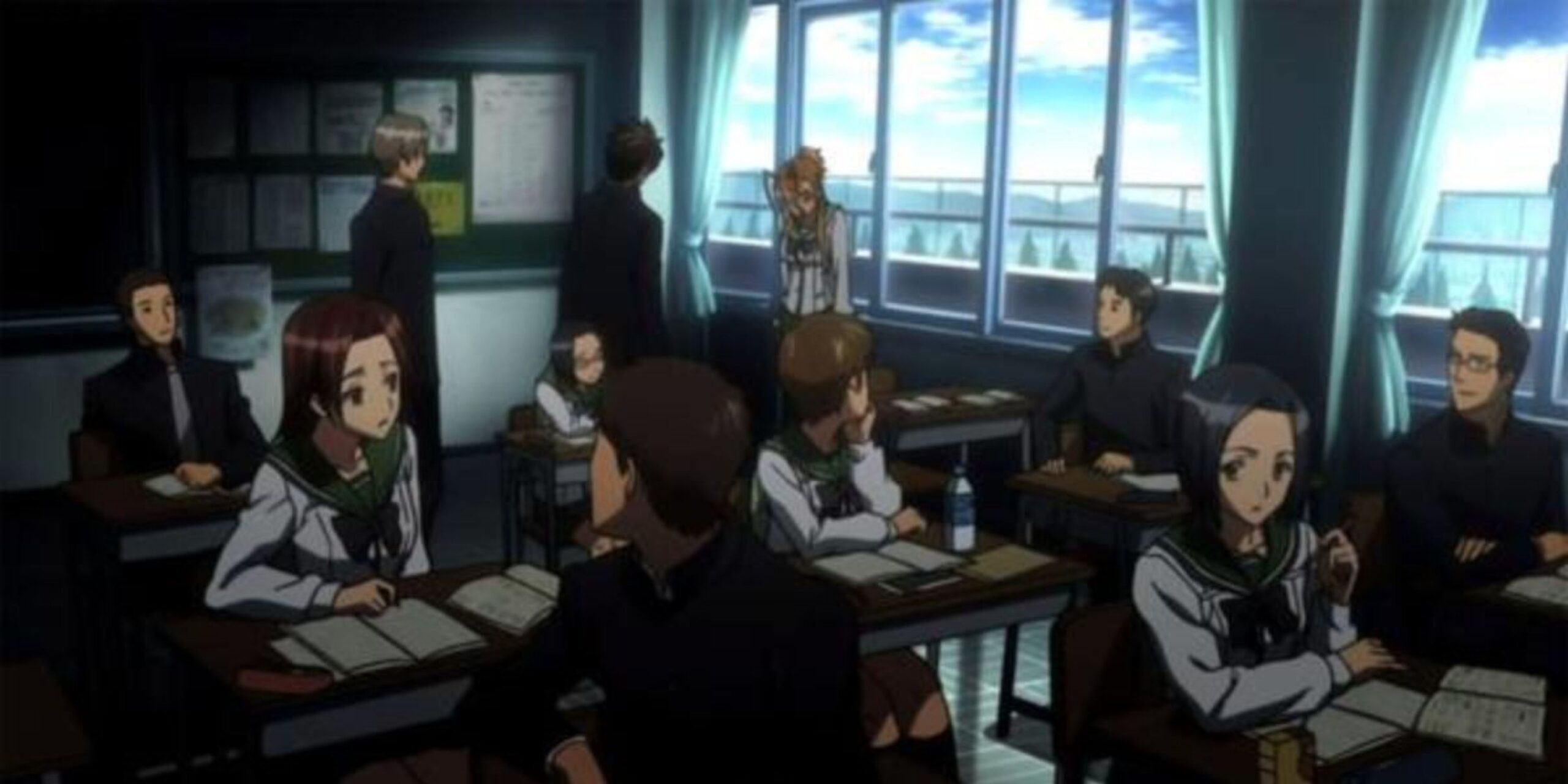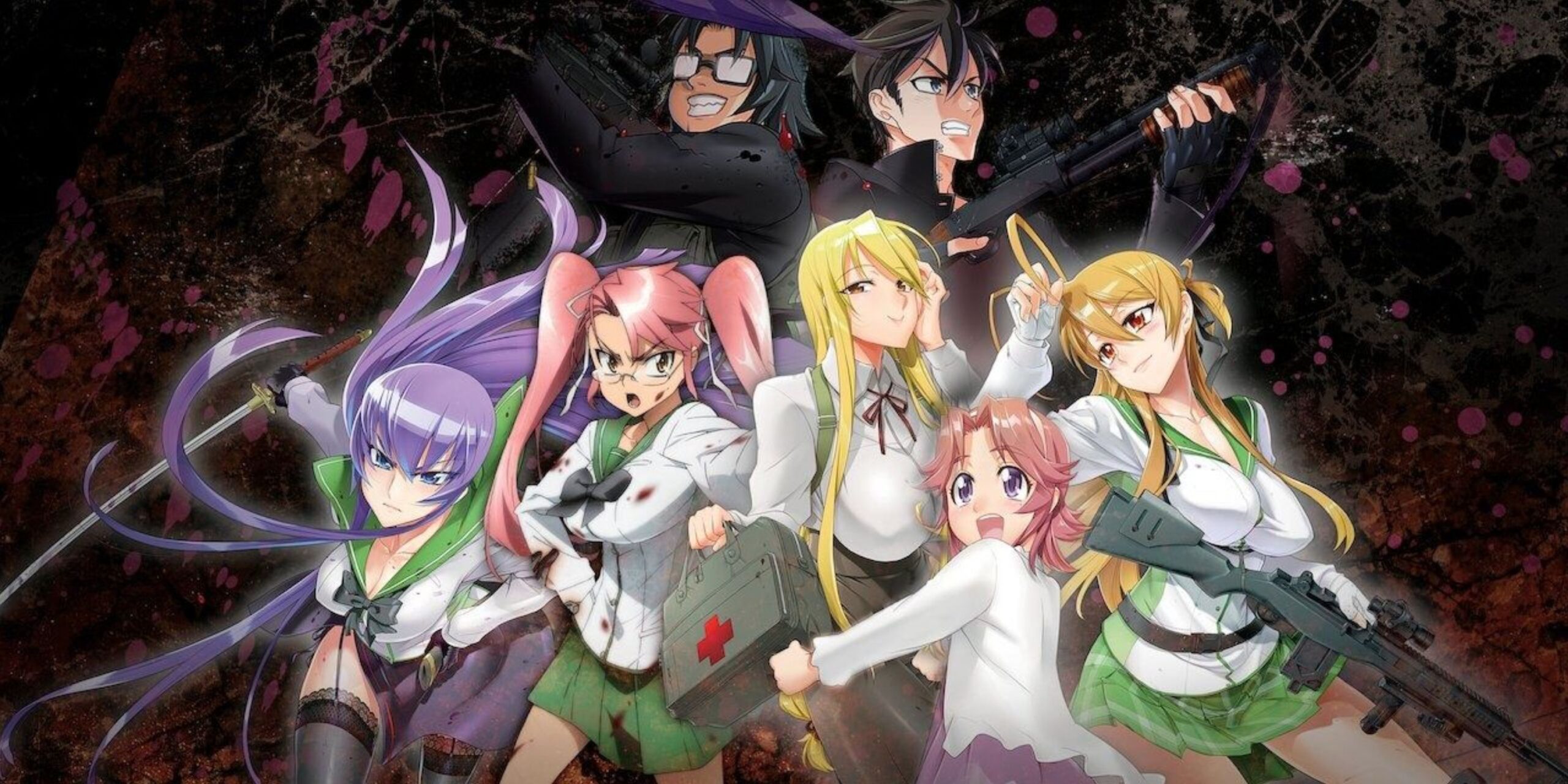The Great Anime You’re Too Afraid to Admit You Love: Series That Divide the Fanbase
Popular Now
 R.E.P.O
R.E.P.O
 Free Fire Max
Free Fire Max
 Black Myth: Wukong
Black Myth: Wukong
 Valorant
Valorant
 Minecraft
Minecraft
 PUBG Mobile
PUBG Mobile
 Poppy Playtime
Poppy Playtime
 Garena Free Fire: Kalahari
Garena Free Fire: Kalahari
 Fortnite
Fortnite
 Grand Theft Auto V
Grand Theft Auto V 
In the vast and ever-expanding world of anime, some series are universally beloved, hailed as masterpieces that transcend the medium. Then there are the others. The shows that, for one reason or another, have become lightning rods for criticism. They may be incredibly popular, visually stunning, or feature a compelling premise, but they also have a reputation for being flawed, tropey, or just plain “bad” among a vocal segment of the fanbase. Watching these shows can feel like a guilty pleasure, and admitting you enjoy them can sometimes feel like an invitation for a lecture on “better” anime. This article celebrates those great but polarizing anime series that, despite the criticism, are absolutely worth watching.
The reasons for an anime’s bad reputation are varied and complex. Sometimes, it’s because of a controversial plotline or a jarring shift in tone. Other times, it’s because the series is so popular that it attracts a backlash from fans who prefer more niche or obscure titles. Whatever the reason, these shows often get unfairly judged. We’re here to make the case for why these series are secretly great and why you should be proud to have them on your watch list.
 Sword Art Online: The Pioneer of Isekai and a Lightning Rod for Critics
Sword Art Online: The Pioneer of Isekai and a Lightning Rod for Critics
There are few anime series as popular and as reviled as Sword Art Online (SAO). As a pioneer in the modern Isekai (or “other world”) genre, SAO brought the concept of a virtual reality game world to the mainstream. The premise—being trapped in a deadly video game where death in-game means death in real life—is a fantastic hook. The animation by A-1 Pictures is top-tier, and the aincrad arc, in particular, is an exhilarating survival story with a strong emotional core. However, the series is constantly criticized for its perceived “harem” elements, inconsistent writing, and a protagonist, Kirito, who is often seen as an overpowered “self-insert” for the audience.
Despite the criticism, SAO’s success cannot be denied. Its exploration of what it means to live, love, and die in a virtual world is genuinely thought-provoking, and the action sequences are some of the best in the genre. Subsequent seasons, while still divisive, have also explored more complex themes and introduced more engaging side characters. The show’s influence on the anime landscape is undeniable, spawning countless imitators and helping to establish a genre that is now a dominant force in the industry. For a show that has had such a massive impact, it’s a shame to dismiss it out of hand.
Darling in the Franxx: A Mecha Romance with a Controversial Ending
Darling in the Franxx started its run with immense promise, blending mecha action with a compelling high school drama and a touch of romance. The dynamic between the two protagonists, Hiro and the enigmatic Zero Two, captivated audiences, and the show’s vibrant animation and unique mecha designs made it a standout of its season. The mystery surrounding the world, the purpose of the child pilots, and the nature of the monstrous Klaxosaurs all contributed to an exciting and engaging narrative.
Unfortunately, the series is almost universally criticized for its final arc, which is often called confusing, rushed, and a complete tonal shift. The ending, which takes a hard turn into cosmic sci-fi, left many viewers feeling betrayed and unsatisfied. However, to judge the entire series on its ending is to ignore the brilliant character work, emotional highs, and stunning action of the first two-thirds of the show. Darling in the Franxx is a powerful story about finding your place in the world and the importance of human connection, and those themes hold up, even if the final act is flawed. The journey is what’s truly memorable.
The Rising of the Shield Hero: A Hero Who Isn’t What He Seems
When The Rising of the Shield Hero first aired, it generated a significant amount of controversy due to its initial plotline. The main character, Naofumi Iwatani, is summoned to a fantasy world to become one of the four legendary Cardinal Heroes, but he is immediately betrayed and falsely accused of a serious crime. The series’ unflinching portrayal of his despair and the systemic injustice he faces made for an uncomfortable but gripping watch. It’s this very plot point that made the anime so polarizing, with many viewers finding it too dark or difficult to move past.
However, to write off The Rising of the Shield Hero is to miss its greatest strength: its subversive nature. Naofumi is the antithesis of the typical overpowered Isekai protagonist. He is a defensive hero, a character who must rely on his wits and his bonds with his companions to survive. His journey of overcoming adversity and building a new family from the outcasts of society is one of the most compelling narratives in the genre. While the show’s initial controversy may have turned some people away, those who stuck with it discovered a deeply emotional and rewarding story about resilience, empathy, and what it truly means to be a hero.
Tokyo Ghoul: A Dark Fantasy with Great Potential that Lost its Way
Tokyo Ghoul captivated audiences with its gritty art style, unique dark fantasy premise, and exploration of moral ambiguity. The story of Ken Kaneki, a young man who becomes a “ghoul”—a creature that can only survive by eating human flesh—is a fascinating tale of identity, prejudice, and the struggle to maintain one’s humanity. The first season of the anime is widely celebrated for its intense action, psychological depth, and iconic opening theme song.
The problem, as many fans will tell you, begins with the subsequent seasons. The anime’s adaptation began to deviate significantly from the source manga, skipping key plot points, introducing new, non-canon material, and ultimately leading to a rushed and confusing conclusion. This has led to the series being judged harshly by manga readers and anime-only fans alike. However, the first season remains a masterclass in modern dark fantasy and a must-watch for anyone who enjoys a mature, character-driven story. It’s an example of an anime with an incredible first act that, while not sticking the landing, still delivered a powerful and unforgettable experience.
 Conclusion: Embracing the “Guilty Pleasure”
Conclusion: Embracing the “Guilty Pleasure”
These anime series prove that a show doesn’t have to be perfect to be great. Whether it’s a show that helped define a genre, one that took a major narrative risk, or one that told a compelling story despite a flawed adaptation, each of these titles holds a unique place in anime history. They are conversation starters, fan favorites for millions, and examples of creative ambition that, even when they don’t land perfectly, are still more interesting than many of their contemporaries. So, the next time someone tries to tell you that these shows are “bad,” stand your ground. A true anime fan knows that a great series is not always a flawless one, and sometimes, the best experiences are the ones that a community loves to argue about.









 Sword Art Online: The Pioneer of Isekai and a Lightning Rod for Critics
Sword Art Online: The Pioneer of Isekai and a Lightning Rod for Critics Conclusion: Embracing the “Guilty Pleasure”
Conclusion: Embracing the “Guilty Pleasure”